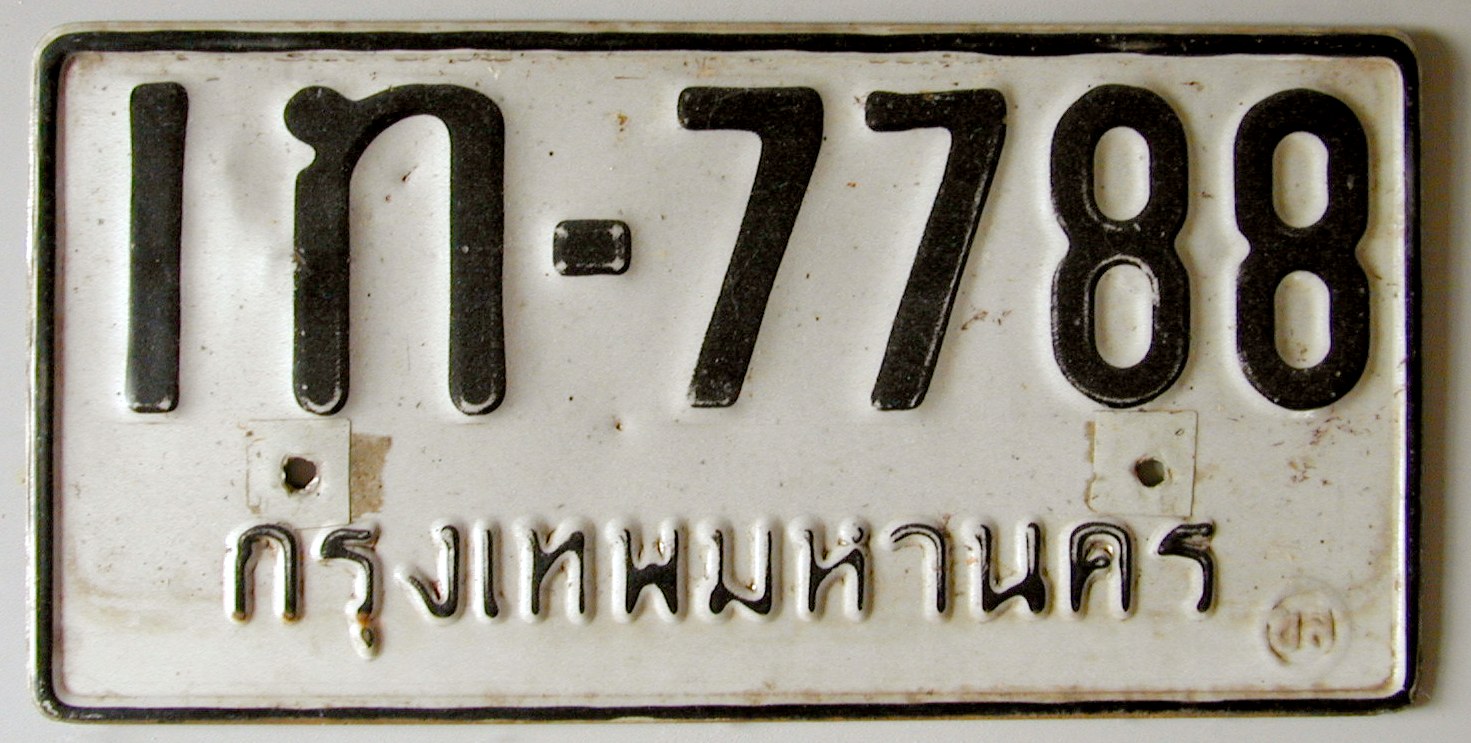High 10 Web sites To Search for Thailand Rehab
페이지 정보
작성자 Celia 작성일24-01-24 13:13 조회10회 댓글0건관련링크
본문
Introduction:
Alcohol withdrawal is a condition that takes place when individuals abruptly stop or somewhat decrease their particular liquor intake after extended times of heavy drinking. It is a complex and possibly deadly problem that impacts many people global. This report is designed to provide a thorough breakdown of alcoholic beverages withdrawal, including its symptoms, treatment plans, and administration techniques.
 Symptoms of Alcohol Withdrawal:
Symptoms of Alcohol Withdrawal:
The onset and extent of alcohol detachment symptoms differ among people, according to factors for instance the quantity and extent of alcohol consumption and ones own all around health. Common medical indications include tremors, anxiety, frustration, nausea, vomiting, insomnia, increased heartbeat, and sweating. In severe cases, people can experience hallucinations, seizures, or delirium tremens (DTs), a potentially fatal condition characterized by agitation, confusion, hallucinations, and fluctuating amounts of consciousness.
Treatment Plans:
When working with liquor withdrawal, it is crucial to get health assistance and support. The principal goal of treatment is to safely manage detachment symptoms, avert complications, and facilitate the change to sobriety. Medical professionals can measure the seriousness of symptoms and figure out the appropriate degree of treatment. In mild situations, outpatient therapy are administered, while worse instances may require hospitalization.
Medications commonly used in liquor withdrawal therapy include benzodiazepines, that assist decrease anxiety, relieve signs, and avoid seizures. Other medications eg antipsychotics, anticonvulsants, and beta-blockers may be used to manage specific symptoms or co-occurring conditions. Also, vitamin supplements, particularly thiamine (vitamin B1), are often prescribed to prevent or treat prospective inadequacies connected with exorbitant drinking.
Control Tips:
And medical treatments, different methods can be used to handle alcoholic beverages withdrawal successfully.
1. Supportive Care: Providing a supportive environment promotes a feeling of security and convenience. This can include ensuring appropriate diet, hydration, and rest, along with monitoring vital indications and handling any medical problems that could occur during withdrawal.
2. Psychotherapy: Seeking mental health support, such guidance or psychotherapy, can play a crucial role in addressing underlying emotional or mental problems that donate to liquor dependency. These interventions assist people develop dealing techniques, control triggers, and establish healthier alternatives to alcohol.
3. Rehabilitation tools: participating in rehab programs, like inpatient or outpatient treatment centers, can offer an organized and supporting environment for individuals seeking long-term data recovery. These programs often incorporate medical treatments, guidance, and peer assistance to address the actual, mental, and personal facets of alcoholic beverages addiction.
4. Follow-up Care: After finishing initial detox and treatment, individuals should continue to look for ongoing care. This may involve taking part in organizations, going to regular treatment sessions, and obtaining follow-up evaluations to ensure appropriate real and psychological state.
 Conclusion:
Conclusion:
Alcohol withdrawal is a challenging condition that requires medical help and extensive help. Understanding the signs, treatments, and administration strategies can significantly help with assisting individuals properly navigate the detachment process and achieve long-lasting recovery. By providing appropriate treatment and resources, we could increase the outcomes for those seeking to conquer alcoholic beverages addiction rehab thailand (just click the up coming internet page).
Alcohol withdrawal is a condition that takes place when individuals abruptly stop or somewhat decrease their particular liquor intake after extended times of heavy drinking. It is a complex and possibly deadly problem that impacts many people global. This report is designed to provide a thorough breakdown of alcoholic beverages withdrawal, including its symptoms, treatment plans, and administration techniques.
 Symptoms of Alcohol Withdrawal:
Symptoms of Alcohol Withdrawal:The onset and extent of alcohol detachment symptoms differ among people, according to factors for instance the quantity and extent of alcohol consumption and ones own all around health. Common medical indications include tremors, anxiety, frustration, nausea, vomiting, insomnia, increased heartbeat, and sweating. In severe cases, people can experience hallucinations, seizures, or delirium tremens (DTs), a potentially fatal condition characterized by agitation, confusion, hallucinations, and fluctuating amounts of consciousness.
Treatment Plans:
When working with liquor withdrawal, it is crucial to get health assistance and support. The principal goal of treatment is to safely manage detachment symptoms, avert complications, and facilitate the change to sobriety. Medical professionals can measure the seriousness of symptoms and figure out the appropriate degree of treatment. In mild situations, outpatient therapy are administered, while worse instances may require hospitalization.
Medications commonly used in liquor withdrawal therapy include benzodiazepines, that assist decrease anxiety, relieve signs, and avoid seizures. Other medications eg antipsychotics, anticonvulsants, and beta-blockers may be used to manage specific symptoms or co-occurring conditions. Also, vitamin supplements, particularly thiamine (vitamin B1), are often prescribed to prevent or treat prospective inadequacies connected with exorbitant drinking.
Control Tips:
And medical treatments, different methods can be used to handle alcoholic beverages withdrawal successfully.
1. Supportive Care: Providing a supportive environment promotes a feeling of security and convenience. This can include ensuring appropriate diet, hydration, and rest, along with monitoring vital indications and handling any medical problems that could occur during withdrawal.
2. Psychotherapy: Seeking mental health support, such guidance or psychotherapy, can play a crucial role in addressing underlying emotional or mental problems that donate to liquor dependency. These interventions assist people develop dealing techniques, control triggers, and establish healthier alternatives to alcohol.
3. Rehabilitation tools: participating in rehab programs, like inpatient or outpatient treatment centers, can offer an organized and supporting environment for individuals seeking long-term data recovery. These programs often incorporate medical treatments, guidance, and peer assistance to address the actual, mental, and personal facets of alcoholic beverages addiction.
4. Follow-up Care: After finishing initial detox and treatment, individuals should continue to look for ongoing care. This may involve taking part in organizations, going to regular treatment sessions, and obtaining follow-up evaluations to ensure appropriate real and psychological state.
 Conclusion:
Conclusion:Alcohol withdrawal is a challenging condition that requires medical help and extensive help. Understanding the signs, treatments, and administration strategies can significantly help with assisting individuals properly navigate the detachment process and achieve long-lasting recovery. By providing appropriate treatment and resources, we could increase the outcomes for those seeking to conquer alcoholic beverages addiction rehab thailand (just click the up coming internet page).
댓글목록
등록된 댓글이 없습니다.




